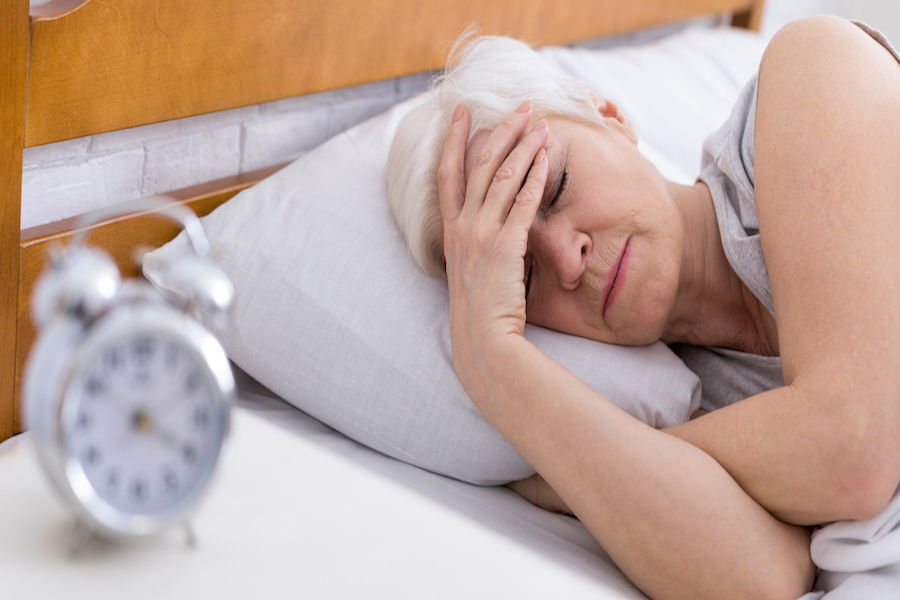Sleep apnoea – not just a male problem
Obstructive sleep apnoea (OSA) is something only old men suffer with, right? Wrong.
While the condition is more common in men, OSA can also affect women. In fact, 6% of women suffer with OSA, which is thought to affect 3.9 million people in the UK.
OSA occurs when the throat muscles relax and the tongue collapses into the airway during sleep blocking airflow and causing a person to wake abruptly and repeatedly. In extreme cases, people can wake for a few seconds up to 30 times and hour, causing symptoms such as fatigue, irritability and difficulty concentrating.
There are many reasons why people may be at risk of developing OSA, ranging from physiology, to family history, to lifestyle factors liking being overweight, smoking or excess alcohol consumption. There are also some risk factors that are unique to women.
For example, hormonal stresses or conditions such including pregnancy, polycystic ovary syndrome and menopause can heighten the risk of OSA. Furthermore, the condition can occur in younger women who are not overweight, causing anxiety, exhaustion, depression, headaches and sinus pain.
Because the symptoms of OSA are usually less obvious in women than in men, they are eight times less likely to be diagnosed.
If you suspect you might have OSA it’s important to speak to your GP. If left untreated the condition can introduce more serious health conditions, including type 2 diabetes, heart disease and stroke. OSA has also been linked to a bigger risk of being in a road traffic accident.
The good news is that OSA is easily treated. The most common treatment is Continuous Positive Airway Pressure (CPAP), which helps the throat to stay open, reducing the likelihood of waking and the rise in blood pressure that causes serious respiratory diseases.
However, for best results it’s important to regularly sanitise your machine. That’s because CPAP machines have been linked to the transmission of germs and bacteria thought to cause sinus irritation and respiratory infections, including bronchitis and pneumonia. But don’t worry, this doesn’t have to be an ordeal. SoClean is the world’s first automated CPAP cleaner and sanitiser, killing 99.9% of bacteria for effortless and complete daily cleaning.
For more information please visit www.soclean.com/uk





















